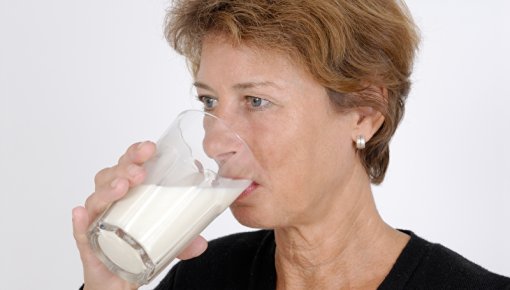Strengthening bones and preventing falls

It is normal for our bone density to decrease as we get older. Our risk of bone fractures increases too. This risk is greater in people who have osteoporosis. But there are a number of things you can do to protect your bones and prevent fractures. They include getting enough movement in everyday life, doing specific exercises and spending enough time outdoors.
The strength of your bones is influenced by various factors. You can't change factors like your age, genes or the menopause, of course. But there are still a lot of things you can do to protect your bones and reduce your risk of falls and bone fractures. That is also true if you have osteoporosis.
For instance, you could
- stay physically active and do specific exercises,
- eat a good diet,
- spend enough time outdoors,
- limit the amount of alcohol you drink,
- avoid smoking, and
- remove tripping hazards from your home.
It is also a good idea to be careful if you take medication that increases the risk of falls or bone fractures. You might be able to discuss alternatives with your doctor. Health problems like dizziness or cataracts can increase the risk of falls, too. Treating those conditions then indirectly reduces the risk of fractures.
Dietary supplements with vitamin D and calcium don't have any benefits in most people. But they are a good idea for people in nursing care who don't get much exercise and live in places like retirement or care homes. They spend very little time outdoors and sometimes have very low vitamin D levels.
